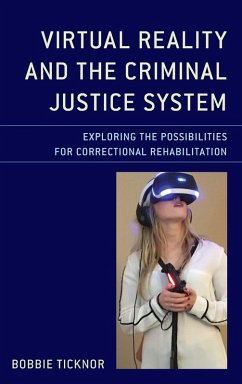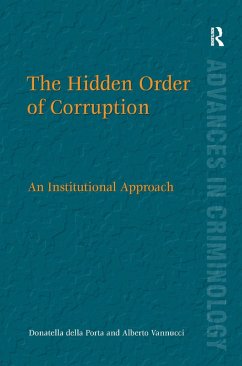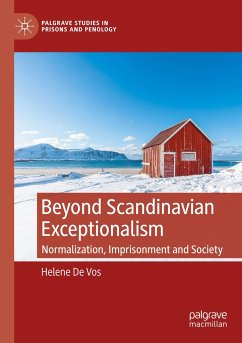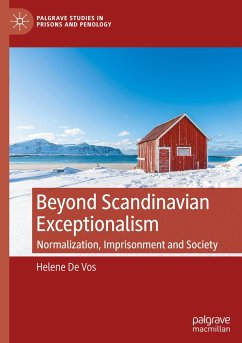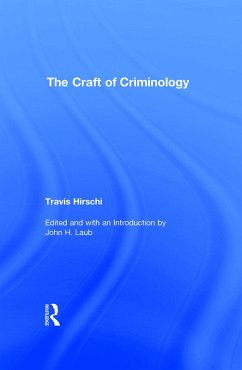
The Virtual Reality of Imprisonment in Russia
'Preparing myself for Prison' in a Contested Human Rights Landscape
Versandkostenfrei!
Versandfertig in 1-2 Wochen
56,99 €
inkl. MwSt.
Weitere Ausgaben:

PAYBACK Punkte
28 °P sammeln!
In outlining the online expressions of penal life, this book disrupts the conventional human encounters that underpin empirical criminological scholarship on prisons because, figuratively speaking, prisons in Russia are de-nesting from their institutional moorings and borders.







